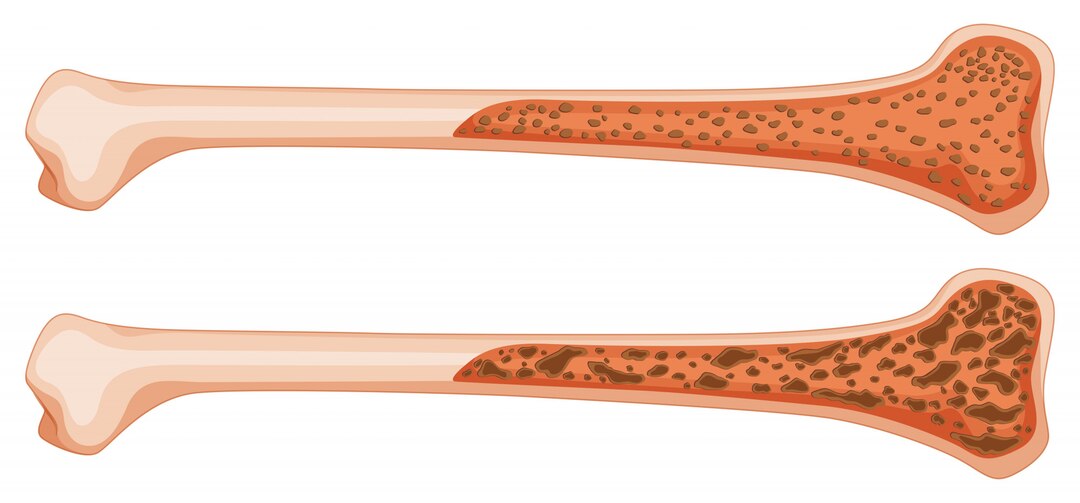Preventive Healthcare
Metropolis Expert Speaks About Curing Cancer with Bone Marrow Transplant

Table of Contents
A bone marrow transplant (BMT) is a medical procedure that involves replacing damaged or diseased bone marrow with healthy bone marrow stem cells. It is a treatment option for a variety of conditions, including certain types of cancer, autoimmune diseases, and inherited disorders. While a bone marrow transplant is a complex procedure, it offers hope to many people with life-threatening conditions. This blog provides an overview of bone marrow transplants, including their types, procedures, and recovery processes. It shares expert insights from Dr Sanjay Gohil, Head of Haematology and Transplant Immunology, Metropolis Healthcare Limited, Mumbai, on how to cure bone marrow transplants.
What is a Bone Marrow Transplant?
In India, there are more than 2,000 bone marrow transplants performed annually, and the number is rapidly rising. Increased BMT centres, access to standardised care, and modern technologies all greatly contribute to the procedure's safety. A stem cell transplant, also known as a bone marrow transplant, is a life-saving procedure in which the body is transfused with healthy blood-forming stem cells to replace defective or cancer-affected bone marrow.
The supple, spongy tissue found inside bones is called bone marrow. The majority of the body's blood cells are generated, stored, and then discharged into the peripheral circulation. White blood cells, red blood cells, and platelets can all be formed from stem cells, which are the parent cells typically found in the marrow. BMT employs these stem cells.
Autologous and Allogenic Bone Marrow Transplant
The transplantation of stem cells may be autologous or allogenic. The patient is the donor in an autologous transplant. After undergoing intense therapy, the patient's frozen stem cells are returned after being removed from the patient via bone marrow harvest or apheresis (a technique for collecting peripheral blood stem cells).
In allogeneic bone marrow transplants, stem cells are obtained from a genetically compatible donor—typically a sibling or sister—rather than from parents or other unrelated genetically compatible donors, who can be found through national bone marrow registries. Cord blood transplants are an additional allogeneic transplant type that uses stem cells from umbilical cord blood.
Bone Marrow Transplant Procedure
In specialised transplant immunology (HLA) labs, blood samples from donors and recipients are examined for the presence of human leukocyte antigen (HLA). After the initial transplant examination, the receiver has a procedure called "conditioning," where they receive chemotherapy and radiation to kill cancer cells that might spread to other regions of the body, suppress the immune system, and prepare the bone marrow for the new stem cells.
Similar to a blood transfusion, stem cells are injected into the bloodstream after this myeloablative therapy. A process called engraftment helps transfused stem cells enter the bone marrow and start replicating and creating new, healthy blood cells. Engraftment typically occurs between days 15 and 30 after the transplant, depending on the type of disease being treated and the transplant.
Bone Marrow Transplant Side Effects
Blood counts are regularly examined to assess whether engraftment has been successful. Delays in engraftment may be caused by concurrent infections, a low number of donor stem cells, graft failure, and medications. Some individuals may experience difficulties following a bone marrow transplant, including infections, respiratory problems, bleeding due to low platelets, graft failure, and graft vs. host disease.
A bone marrow transplant can result in a significant and potentially fatal complication called graft-versus-host disease (GVHD). When the immune system of the donor responds to the tissue of the recipient, GVHD results. The long-term prognosis of BMT varies from patient to patient. It also depends on factors such as the patient's age and general health, transplant type, HLA matching, type and severity of the disease being treated, disease response to treatment, adherence to medication and severity of complications.
Bone Marrow Transplant Success Rate
The success of bone marrow transplants has been considerably enhanced by emerging technology as more and more transplants are performed to treat various disorders. Following a bone marrow transplant, the patient needs ongoing follow-up care. The best chance for a successful bone marrow transplant is provided by a team of transplant specialists that consists of a medical oncologist or haematologist with specialisation in transplant, a lab transplant immunologist, a nurse coordinator, a social worker, a dietician, and a physiotherapist, as well as GI and respiratory specialists. Still, there is a huge gap between supply and demand that needs to be closed, and BMT production should be done at reasonable costs.
Metropolis Expert on Bone Marrow Transplant
Dr Sanjay Gohil has shared his expert insights on how to cure bone marrow transplants. He believes that a bone marrow transplant is a powerful treatment option that can offer hope to many patients. However, he emphasises the importance of selecting the right donor for an allogeneic transplant, as the success of the transplant depends on a good match between the donor and the patient. He also stresses the importance of close monitoring during the recovery phase to prevent and manage potential complications.
Conclusion
In conclusion, bone marrow transplantation is a complex but promising treatment option for many life-threatening conditions. Patients and their families should be well informed about the procedure and its potential risks and benefits. With the right donor and close monitoring during the recovery phase, bone marrow transplants can be a successful way to cure certain diseases.




























